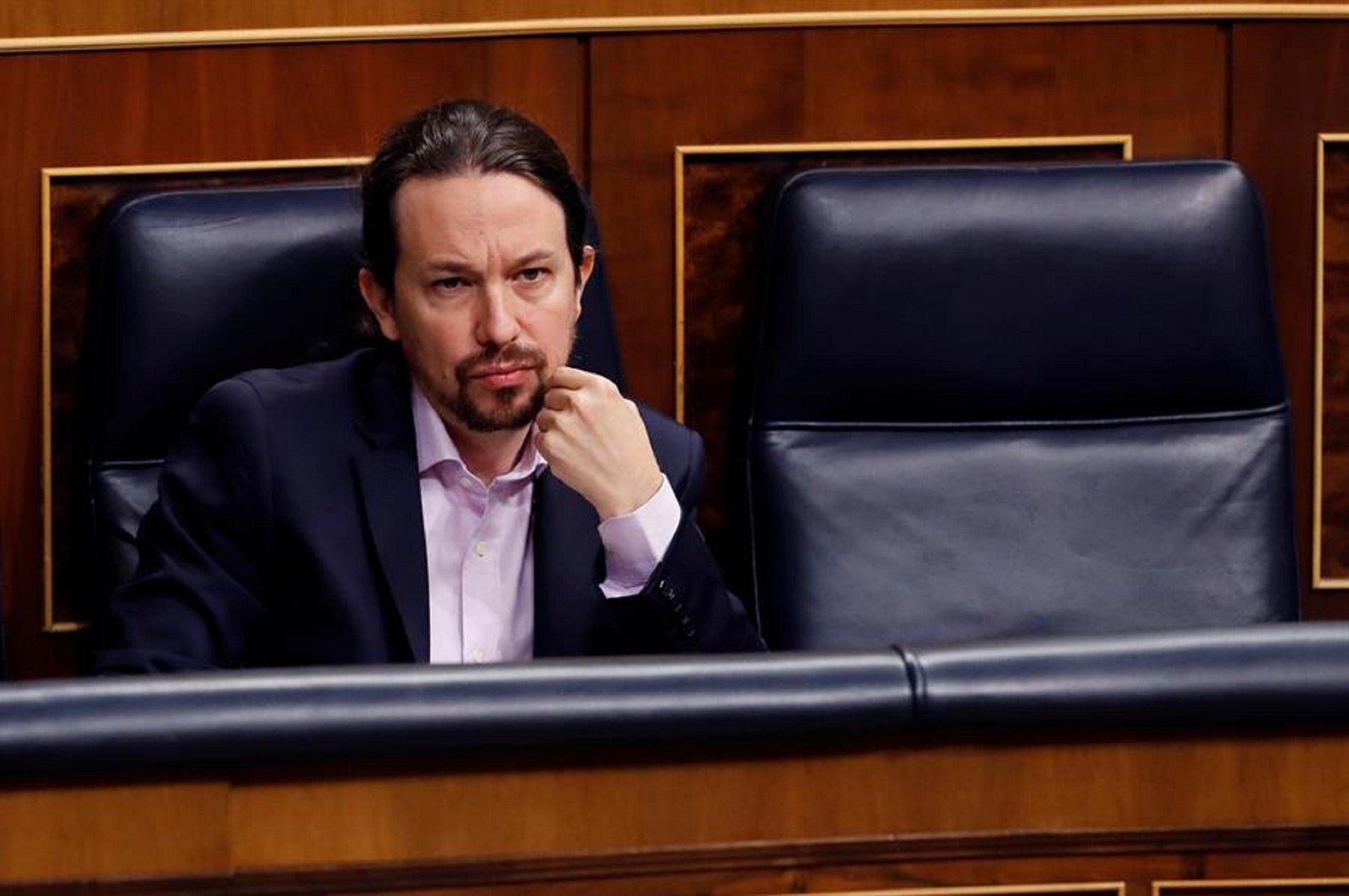Spanish second deputy PM and leader of Podemos, Pablo Iglesias, expressed his concern on Tuesday that the tension which has led to so-called escrache protests outside the Madrid homes of government politicians like himself or the Spanish transport minister, José Luis Ábalos, could become widespread and he warned: "We know where these protests begin, but not where they end." In addition, the deputy PM warned that, in his opinion, it would be a mistake for people to get the idea that protesting outside the homes of politicians was a good way to protest and warned that the next rally might be outside the home of "Ayuso, Abascal or Espinosa de los Monteros" - referring to key politicians in the right-wing Spanish opposition parties, the PP and Vox.
In an interview with Spanish television network La Sexta, Iglesias spoke about the protest yesterday outside the home of minister Ábalos and last weekend at the house that Iglesias shares with his partner and fellow cabinet minister Irene Montero. These particular escrache protests - the name is used for an often-noisy demonstration that takes place outside the private home of a public figure - are not seen by Iglesias as "especially serious", although he also described them as "bad"; he spoke of the need to protect the right to protest, "but avoiding tense situations that no one wants."
"The problem is that this could become widespread and end up happening to other political leaders. Today it is right-wing people protesting at the door of my house. Tomorrow there will be left-wing people protesting in front of Isabel Díaz Ayuso's apartment, at the home of Iván Espinosa de los Monteros, outside Santiago Abascal's address", warned Iglesias, who believes that journalists or opinion leaders could also be targetted in situations like this.
However, when asked if he hadn't himself defended the legitimacy of this type of protest in his younger days, he clarified: "I have never advocated going to someone's house. It's different when you hold public office, you must accept that people can protest, that they can say things to you in the street or that they can go to the headquarters of your ministry or party or the place where you work."

